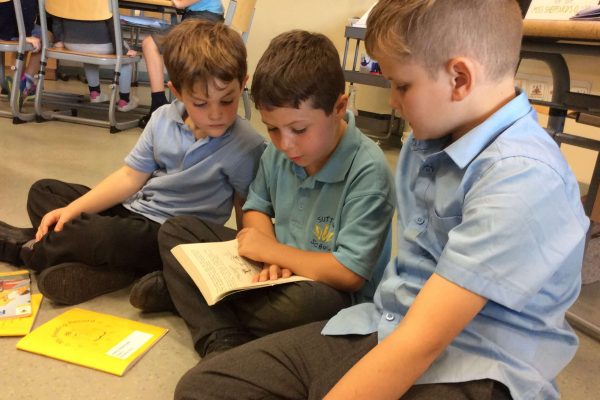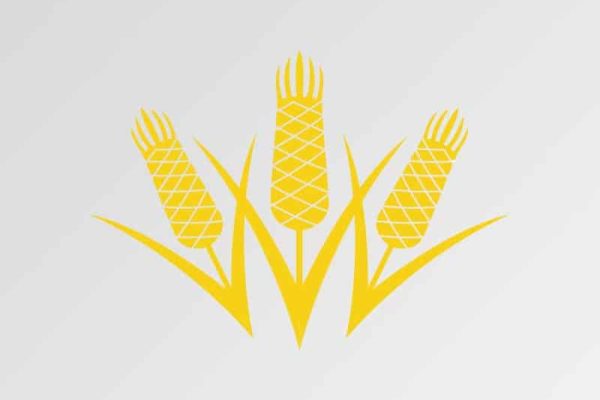Once the children move beyond Early Years, they have sets of spellings to learn and they have regular spelling tests. In Years 1 and 2 the spellings are closely linked to the phonics they are learning.
The children learn grammar in literacy lessons but also in daily, discrete ‘basic skills’ sessions. These sessions enable pupils to revise, consolidate and apply grammar knowledge. Year 2 pupils will take a SPAG (spelling and grammar) test. Year 6 pupils also take a SPAG test. Children in Year 3 upwards use the Spelling Shed website to learn spellings interactively.



